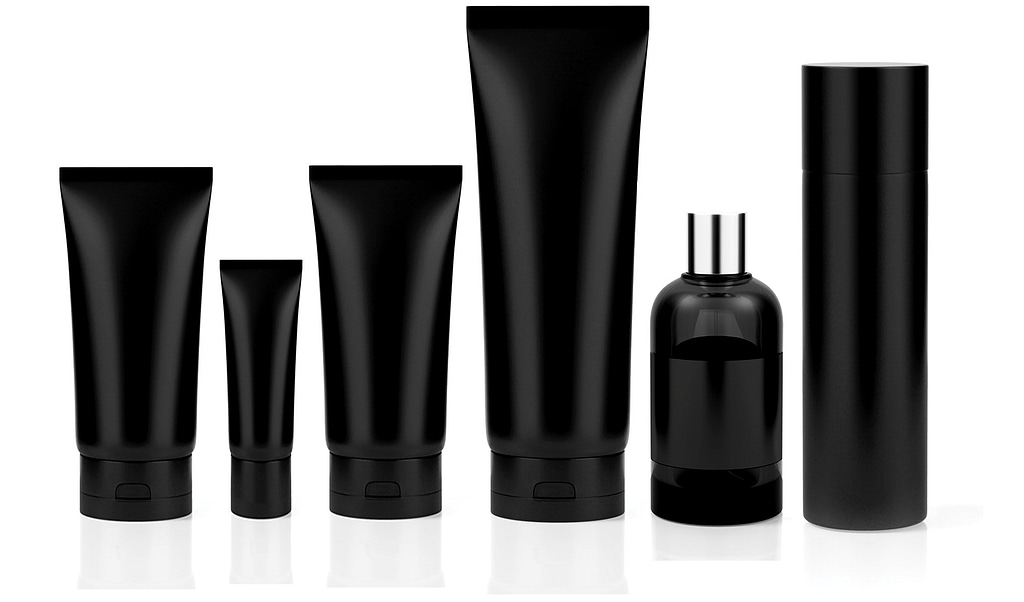
Natural Insect Repellent - 5 Tips to Keep the Bugs Away
This post contains affiliate links. See disclaimer for more info.
I love spending time outside in the summer (and in tropical locations for that matter!), but I’m one of those “sweet” people that mosquitos seem to “love.” And of course, I detest them in return! I’ve been attacked more times than I can count and those bites (usually in a cluster) seem to itch for at least a week – it’s miserable. Thankfully, I have a few tricks up my sleeve these days – and they don’t involve the use of harsh or questionable chemicals.
This post outlines a few things to consider when thinking about insect repellent and five of my favorite non-toxic bug repellent solutions for your body and outdoor space at home.
Important note: for the purposes of this post, I’m focusing on the nuisance of mosquitoes and ways you can enhance your outdoor space (decks and patios) to minimize your chances of being bothered by these pests. I’m not discouraging more aggressive steps when there’s a threat of serious disease like Zika, Malaria, West Nile virus, etc.. See the CDC website and the short section below about weighing risks when these are threats.
What’s the problem with conventional insect repellents?
The short answer: conventional insect repellants are pesticides. These are substances that are designed to kill pests and they’ve been linked to various health concerns. A 2004 review co-authored by the National Cancer Institute states that “Epidemiologic evidence clearly suggests that at current exposures pesticides adversely affect human health” (source). This is why buying organic is important (especially these products) and why I don’t use pesticides of any kind in our home.
There are several active ingredient of concern. DEET, one of the most well-known, is a neurotoxin that’s quickly absorbed into the skin and linked to several health concerns including respiratory issues and seizures in children. In human studies, it’s been shown to cross the placenta and was detectable in cord blood. Animal studies have also indicated that DEET can cause brain damage.
However, many experts have argued that DEET is safe, even for pregnant women, especially when there’s a strong risk of a disease like Zika or Malaria. The Environmental Working Group has DEET in it’s top 3 recommended ingredients when faced with vector borne disease.
It’s important to weigh risks depending on your area and what other measures you can take to reduce exposure. At a minimum, it’s worth proceeding with caution since many scientists believe there’s a case for further testing many commonly used pesticides.
Natural bug repellent alternatives
I’m a believe in non-toxic products and the power of natural solutions whenever possible (and I acknowledge there may be a time and a place for something stronger). I‘ve been using exclusively natural insect repellents for almost a decade, and I find them to be very effective. And there’s lots of research to back up my experience–like this Australian study, which found formulations with 32% Lemon Eucalyptus Oil provided >95% protection for 3 hours.
5 non-toxic tips to keep the bugs away
1. Natural insect repellants (applied to the body). Lemongrass, lemon eucalyptus oil, clove oil, lavender, geraniol, cedarwood, cinnamon, contronella and other citrus oils have been shown to repel insects. Lemon eucalyptus is believed to be the most effective of these oils, and I’ve also had a lot of success with lemongrass products. Check out Badger Anti-Bug Shake & Spray, Buzz Away and Babyganics Natural Insect Repellent. It’s not sold as an insect repellent, but this Trader Joe’s body oil has also been a staple of my tropical travel and summer routine for years.
2. Add plants to your outdoor space that naturally repel insects. Those include lavender, scented geraniums, citronella, lemon balm, catnip, marigolds, basil, peppermint, pennyroyal, & rosemary. If you forget something that you can apply topically to the skin, crush some lavender from the garden and rub it on the skin (especially feet and ankles).
3. Use Murphy’s Naturals Candles, citronella soy candles or Murphy’s Naturals Incense Sticks for natural, plant based, mosquito repellents that you can set up around where you’re eating or hanging out. Citronella candles were shown to provide around 50% extra protection from mosquitos.
4. Bring out a fan near where you’re sitting or instal an outdoor ceiling fan if you have a covered patio or awning. Mosquitos are weak fliers and the wind can also dissipate the carbon dioxide and odors that attract them to you.
5. Consider a wearable option like PARA’KITO Mosquito Repellent Wristbands, made with essential oils in France. I’ve used these on my babies (worn as an anklet because they were so small) before they were old enough to wear other repellents directly on the skin.
My final piece of advice: wear shoes when possible. This isn’t a tip to keep the bugs away per se, but it will protect one of the most vulnerable parts of your body if you’re dining alfresco or hanging outside in the evening. This is the first thing I’d do if you don’t have access to the other natural solutions listed above. My feet are one of the places I have been attacked the most and it can be extremely uncomfortable to walk or wear shoes for about a week after that’s happened – the bites are constantly irritated. So, this is one extra precaution to keep in mind if you’re susceptible to bug bites or away from home.
Let me know what you think!
Do you have any natural products or bug repellent tips that I didn’t cover? Please share!







